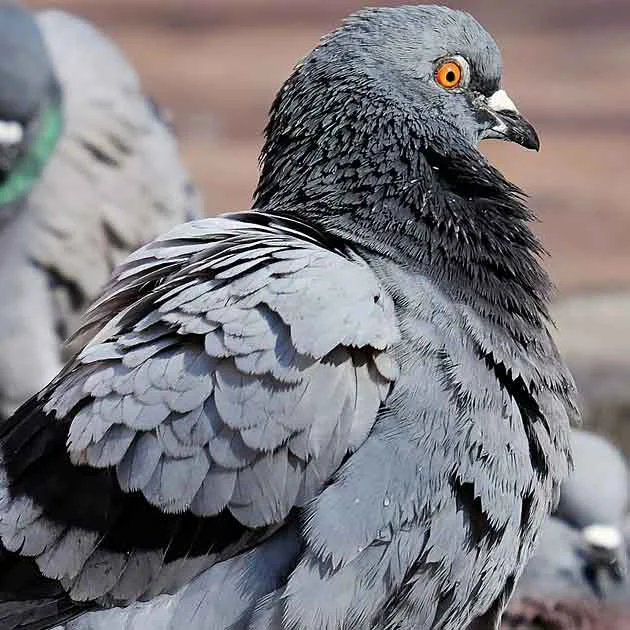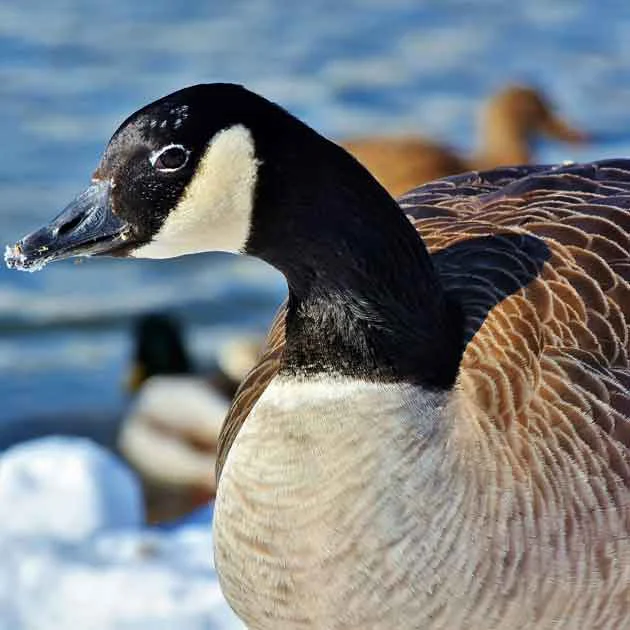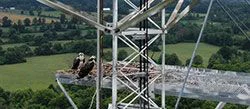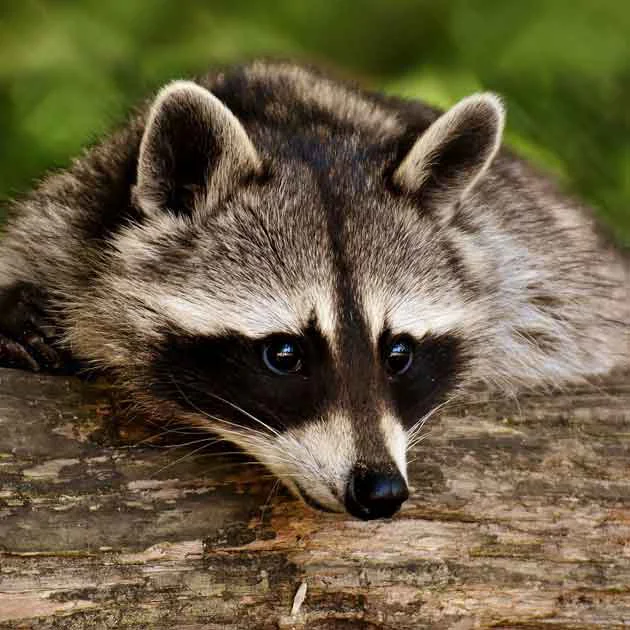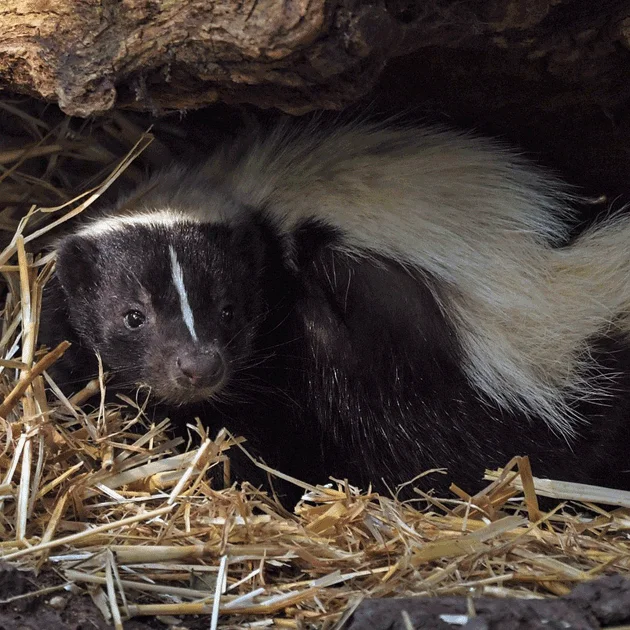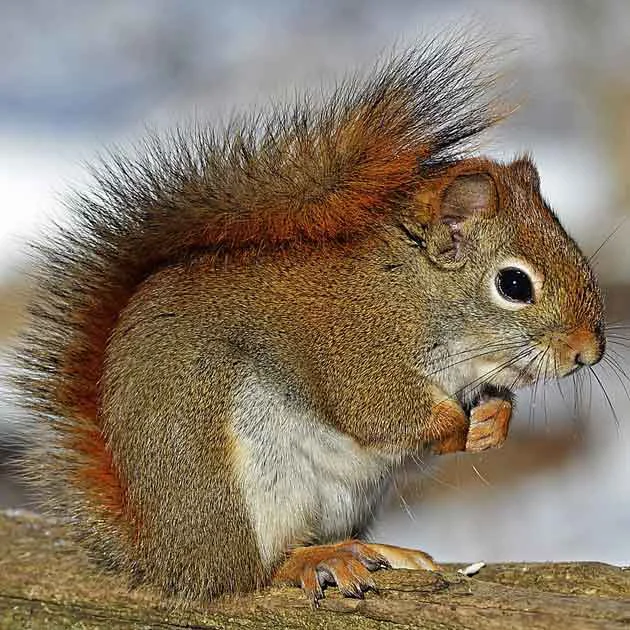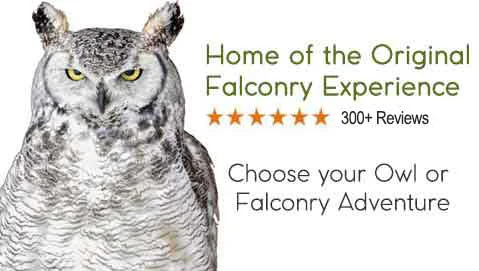If you own a business in Toronto, raccoons can be major pests. They've been known to rummage through garbage cans and dumpsters looking for food, rip open roofs and chimneys in search of shelter, and generally make a nuisance of themselves. While it may seem like they're just harmless creatures trying to survive, the damage they can do if left unchecked has the potential to cost your business plenty. Fortunately, when it comes to raccoon control in Toronto, there are some helpful steps you can take to protect your property from these unwanted visitors.
What Are the Dangers of Raccoons to My Business?
Raccoons are notorious for being adept at finding ways into buildings, raiding trash cans, and causing costly damage to structures such as roofs, electrical systems, and insulation thanks in large part to their sharp claws and teeth.
They can make their way through wood, plaster, drywall, roofing materials, and metal. Raccoons are also capable of disassembling and destroying ventilation systems and pipes to gain access to the interior of a building.
Moreover, raccoons are known carriers of diseases, such as rabies, leptospirosis, and salmonella, that can put your employees, customers, and products (especially in food-related businesses) at risk.
Why Is It Important to Protect My Business from Raccoons?
Once raccoons gain entry to a business’s structure, it quickly becomes their haven from cold temperatures, predators, and inclement weather. Raccoons seek shelter primarily for survival. In commercial buildings, this can include the chimney, the attic, a crawl space, and hidden areas under a patio or deck.
Aside from exterior damage, raccoons will tear away at interior walls, insulation, wires, and other objects to improve their new living space. When raccoons set up home on a business’s property, it increases the risk of interaction with humans, which can lead to serious consequences and health risks.
What Are the Most Common Ways That Raccoons Enter?
Raccoons are known as the “masked bandits” for a reason. They are opportunistic creatures, and like burglars, they can execute a “break-and-enter” operation throughout various parts of a building.
- Chimneys: Chimneys on commercial buildings that are not in use are a gateway for raccoons to enter. These critters can climb brick structures with ease and settle down on top of the damper for shelter.
- Attic: An attic or crawl space beneath the rafters of a building provides ample room for a raccoon to make a home. Shingles, tiles, and other roofing materials are no match for the skilled creatures as their claws can tear away most construction materials.
- Roof Vents: Air vents are installed in every building to facilitate good air circulation. Raccoons are masters at manipulating these metal or plastic roof vents to gain access inside the building.
- Plumbing Flanges: Commercial buildings have plumbing flanges installed through a hole in the roof to ventilate gas from the plumbing system of the structure. A raccoon uses its teeth and claws to rip apart the material to gain access to the interior.
- Decks & Sheds: Decks and patios can also become a temporary or permanent shelter area for raccoons. They can dig underneath these structures to form a warm and safe space to birth and raise kits. A shed can double as a home or retreat for the critters as raccoons settle underneath or inside the building.
- Pet Door: Businesses that have installed pet doors for the company’s onsite dog or cat can be susceptible to raccoon visitors. These convenient pet doors are an invitation for the masked creatures to gain access, which can lead to significant damage inside as they look for food and a space to build a nesting area.
- Nearby Trees: Trees enhance the attraction of a business’s property but can also be a perfect opportunity for raccoons to gain access to the roof area of a building. Raccoons will also use trees for shelter from inclement weather, a hiding spot, and for shade from the hot summer sun.
How Can I Raccoon-Proof My Business?
Protecting a business from raccoons starts with prevention. Below are some ways to keep raccoons away from commercial sites.
- Seal Openings: Sealing all cracks and holes in the exterior of the building can reduce the possibility of a raccoon gaining access.
- Install Screens: Windows and air vents should have specialized screening installed to deter access to the building.
- Keep Doors/Windows Closed: Allowing a door or window to be propped open for air circulation can be an open invitation for raccoons to make themselves at home.
- Trim Trees and Shrubs: To prevent raccoons from utilizing nearby trees to climb onto the roof, trim branches away from the building. Shrubs should also be kept tidy to discourage sheltered spaces.
- Remove Food Sources: Food and water sources should be properly managed and/or removed to deter raccoons from finding nearby shelter. This incudes birdfeeders, compost piles, and fruit trees.
- Secure Garbage: Place garbage in a tightly locked trash can or garbage bin to prevent the raccoons from gaining access to leftover food.
What Do I Do if I Find a Raccoon in My Building?
If you find a raccoon in your building, it is important to take immediate action to ensure your safety. Firstly, try to remain as calm and quiet as possible, as the animal may become agitated if they feel threatened. Also, with any raccoon encounter, do not back it into a corner or attempt to scare them.
If possible, close any doors or windows to prevent the raccoon from escaping into other parts of the building.
That said, if a raccoon is discovered in your building, contacting a reputable company that performs raccoon removal in Toronto is the best solution. Raccoons are intelligent creatures that will defend themselves if they, or their kits, are threatened. Only a certified and licensed wildlife removal company can safely, effectively, and legally trap and remove the animal from the premises.
Contact Hawkeye for Raccoon Control in Toronto
Hawkeye Bird and Animal Control is the only pest bird and animal/wildlife control company in Canada to be designated "Certified Wildlife Control Professional" AND hold the following licenses: Trapping of Fur Bearing Animals Permit, Falconry Permit, and Pest Control License. Not only do our raccoon control and removal methods adhere to provincial wildlife protection regulations, but we also provide 24-hour service with guaranteed results. Contact us at (416) 429-5393 to learn more.


